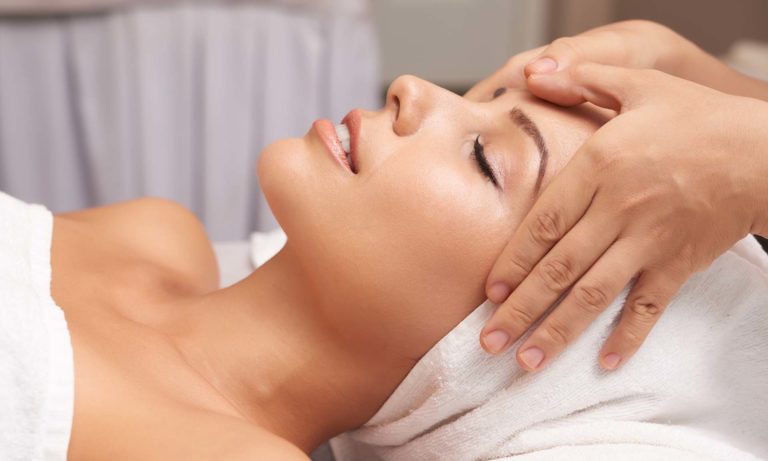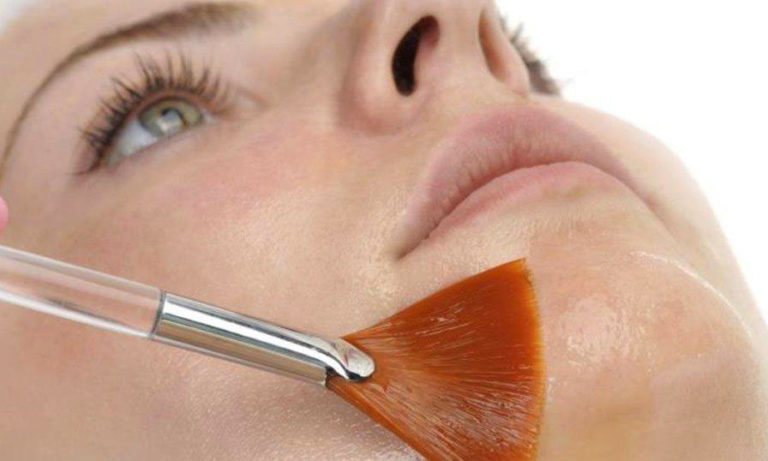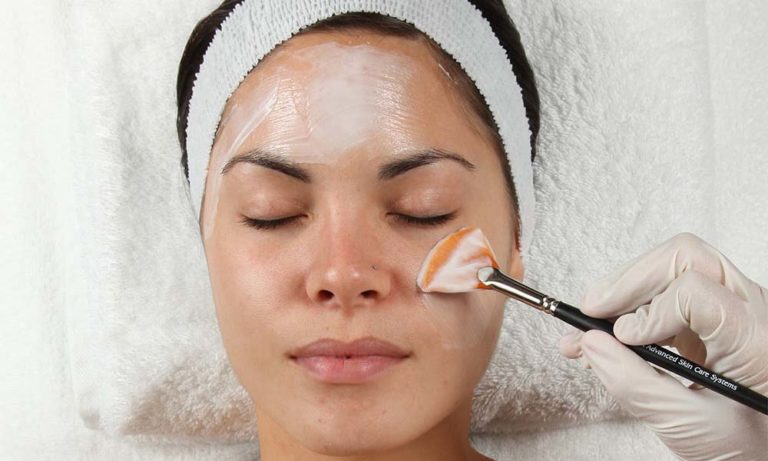Skin Peels in Cape Town
A peel is a skin-resurfacing procedure in which a chemical solution is applied to the skin to remove the top layers. The skin that grows back after a chemical peel is smoother and younger looking.
Chemical peels are used to treat wrinkles, skin discoloration and scars — typically on the face.
This procedure should ideally be done during Winter when there is less sun exposure
Benefits:
- Reduce fine lines under the eyes and around the mouth
- Treat wrinkles caused by sun damage and aging
- Improve the appearance of mild scars
- Treat certain types of acne
- Reduce age spots, freckles, and dark patches (melasma) due to pregnancy or taking birth control pills
- Improve the look and feel of skin
What is the procedure like?
Your skin will first be cleansed thoroughly. A suitable chemical solution or combination thereof is then applied - such as glycolic acid, trichloroacetic acid, salicylic acid, lactic acid, or carbolic acid (phenol) -- to small areas of your skin. That creates a controlled wound, letting new skin take its place. During a chemical peel, most people feel a burning sensation that lasts about five to ten minutes, followed by a stinging sensation. Putting cool compresses on the skin may ease that stinging. You may need pain medication during or after a deeper peel
Aftercare:
Depending upon the type of peel, a reaction similar to sunburn occurs following the procedure. Peeling usually involves redness followed by scaling that ends within three to seven days. Mild peels may be repeated at one to four-week intervals until you get the look you're after.
You will need to avoid direct sun exposure for several months after a peel since your new skin will be fragile.
Risks:
Some skin types are more likely to develop a temporary or permanent color change in the skin after a chemical peel. Taking birth control pills, subsequent pregnancy, or a family history of hyperpigmentation on the face may make that more likely. There is a low risk of scarring in certain areas of the face. Some people may be more likely to scar. If scarring does happen, it can usually be treated with good results. For people with a history of herpes outbreaks, there is a small risk of reactivating cold sores. Your doctor can prescribe medication to prevent or treat that.



